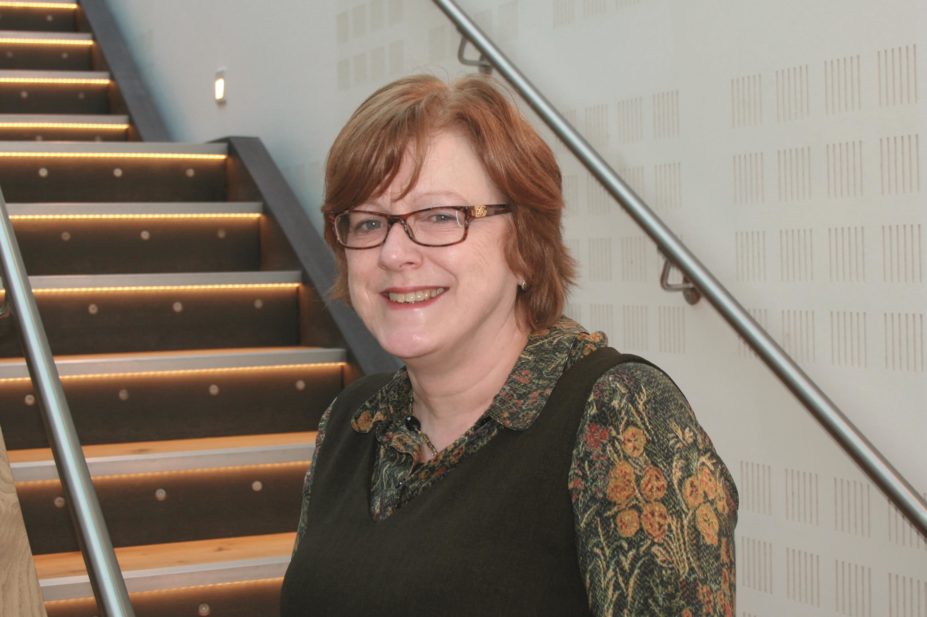
MAG / The Pharmaceutical Journal
In its final response to the Department of Health’s ‘Community Pharmacy in 2016/17 and beyond’ consultation, the Royal Pharmaceutical Society (RPS) has outlined its concerns that the cuts to contractual funding in England will have a negative impact on patients and that pharmacists will be forced to reduce the number of people in the workforce, limiting their potential to deliver additional services in the community.
“We are in no doubt that hastily implemented funding cuts to community pharmacy will mean greater costs for the NHS in the long term,” says Sandra Gidley, chair of the RPS English Pharmacy Board. “The RPS is putting forward new thinking and solutions that match the government’s objectives for the NHS,” she adds.
In its response to the consultation, which ended on 24 May 2016, the RPS expresses concerns about the lack of patient and public engagement during the process and asks for assurance from the government that the objectives of the reforms centre on improving patient access to high quality care, advice and medicines from pharmacists: “If there is a mutual understanding between the profession and government we believe there is much we can do to work together,” it says. “However, significant public and patient involvement is needed to ensure services match people’s needs.”
The RPS sets out eight principles to drive the output of high quality care from community pharmacists. It states that additional resources and support, provided by Health Education England, the organisation responsible for NHS workforce training and development in England, and reprioritisation of funding for training will be needed to ensure that pharmacists have the correct knowledge and skills going forward.
“There is a strategic imperative for the NHS to improve capacity and capability to support older people and those with long-term conditions,” says Gidley. “This coupled with an emphasis on prevention of ill health means we need to invest in community pharmacy, expand roles and enable better care.”
The RPS once again urges that the pharmacy integration fund, proposed as part of the government’s plans, should be used to test out new and different models of care, for example, community pharmacists working with GP practices. It also asks to have early knowledge of how the fund will ultimately be used and a comprehensive map of the future of community pharmacy.
In terms of the pharmacy access fund, proposed by the government as a means to ensure access to community pharmacies where the viability of a needed pharmacy is threatened, the RPS asks for clear and simple eligibility criteria for allocation of the funding. It agrees that no pharmacy should receive more funding via the pharmacy access scheme than they currently receive but says that the funding should be reviewed less frequently than proposed to encourage long-term investment by pharmacy owners.
Further to its recent response to the amendments to the Human Medicines Regulations 2012 regarding hub and spoke dispensing, the Society says it believes that distance-selling pharmacies should work under a different contract to “bricks and mortar” pharmacies. It also suggests that pharmacies be able to add a surcharge to counteract the additional cost burden of offering a delivery service to all patients and asked that regular medicines reviews should be provided for patients who are requesting delivery of their medicines direct to their homes.
The RPS’s initial response to the proposals was submitted on 12 Feb 2016.
You may also be interested in
Long service of members

Membership fees 2022
